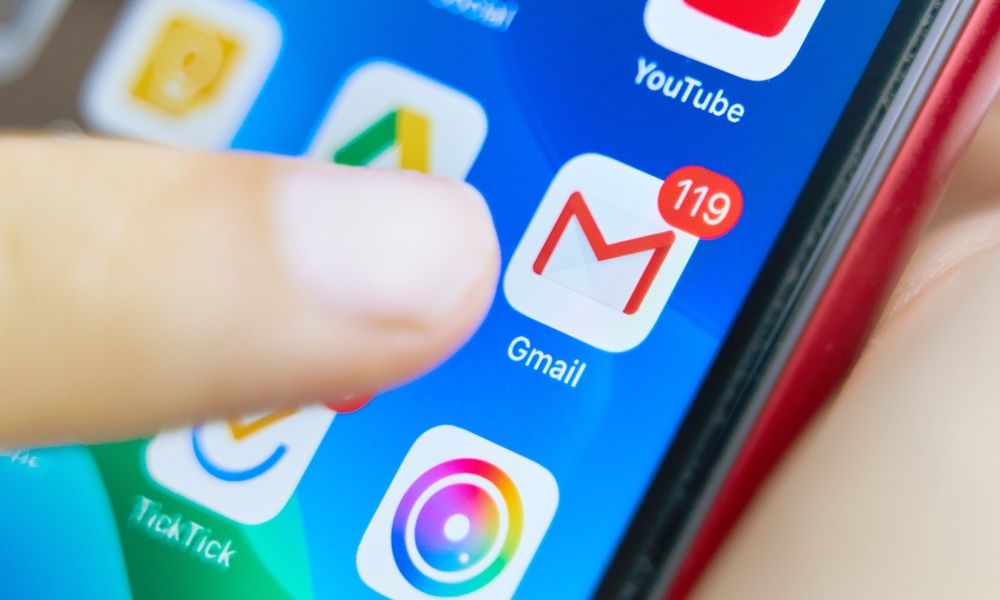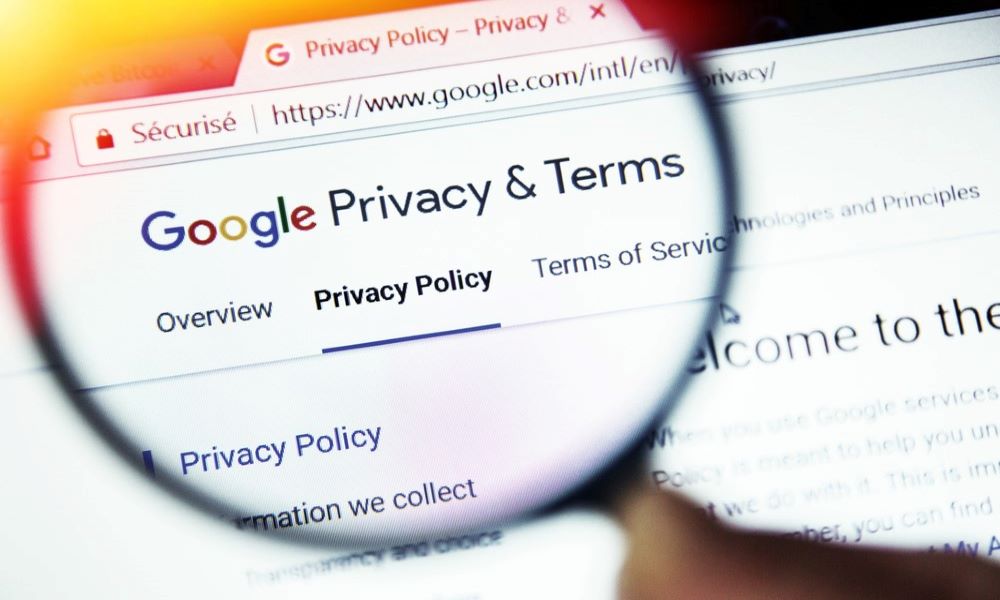Google Denies Using Your Private Emails to Train Gemini
 Konstantin Savusia / Shutterstock
Konstantin Savusia / Shutterstock
Toggle Dark Mode
You may have noticed several articles and social media posts lately claiming that Google is using your emails to train its Gemini AI without your permission. However, the search and AI giant has denied that it’s doing any such thing.
In a statement to The Verge, Google said such reports were “misleading,” adding that the company has “not changed anyone’s settings. Gmail Smart Features have existed for many years, and we do not use your Gmail content for training our Gemini AI model.”
As you can imagine, users on X and other social networks were not exactly excited to hear that their private email conversations were being fed into the Gemini AI machine. The fury over the possibility even pulled antivirus software developer Malwarebytes into the fray, as it repeated some of these claims in a blog entry. The security firm has since retracted that statement, updating its post to say the controversy was “a perfect storm of misunderstanding.”
Reports that Google used emails to train Gemini led to “how-to” articles showing Gmail users how to change their settings to prevent the search giant from using their emails for AI training.
Another post on the social network formerly known as Twitter warned that all Gmail users had been automatically opted in “to allow Gmail to access all your private messages and attachments to train AI models.” The post also directed users to manually disable Smart Features, Gmail’s AI-powered productivity tools.
Users can review Google Workspace’s privacy policy, which states that data a user shares directly with Gemini, such as a prompt entered in the app, will be retained by Google and may be used for AI training. However, data entered in Google Workspace apps, including Google Docs, Sheets, and Gmail, is NOT used for AI training, nor is it accessed automatically by Gemini. The AI may access your Google Workspace data if you ask it to, such as when using AI to proofread a document in Google Docs.
While things may have gotten a bit blown out of proportion this time around, you can’t blame users for being concerned, as we’re all wary of artificial intelligence and having our personal information turned over to an all-consuming, ever-ravenous monster called AI.
However, the fear isn’t just about AI; it’s about the company running it. Google has itself to blame for at least some of the hullabaloo, as it has been caught harvesting data without users’ consent.
In May 2025, Google agreed to pay $1.375 billion to settle two lawsuits alleging that the company harvested Texans’ biometric data without their consent.
The lawsuit claimed that when a user uploads a video of a birthday party, Google would run facial recognition on every face in the video, including any uninvolved bystanders in the area. The complaint further alleged similar issues with the data harvested from the Voice Match and Face Match features on Google’s Nest Hub Max smart display.
Google finally agreed to settle the lawsuit following years of litigation, in a deal that was the highest recovery against Google in the US by any attorney general enforcing state privacy laws. The biggest payout before that was in 2022, when a group of 40 states secured $391 million from Google over similar issues.
Ultimately, while Google may not be feeding your inbox into Gemini today, the company’s history of privacy lapses makes it easy to see why users remain wary.








